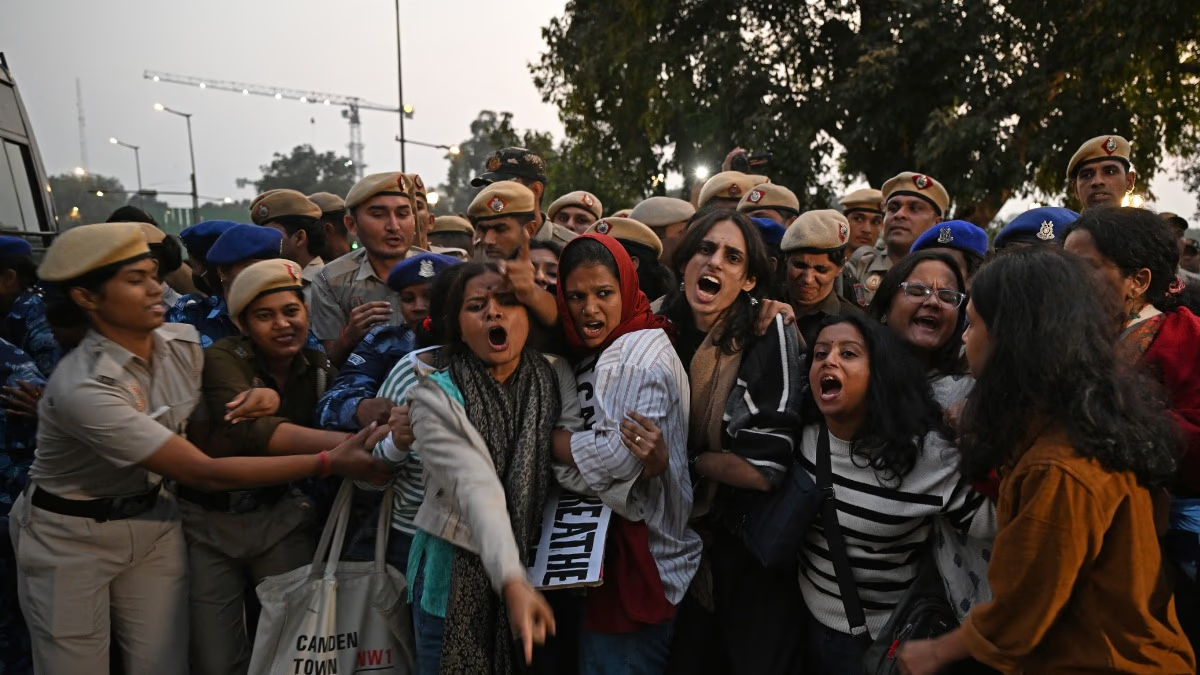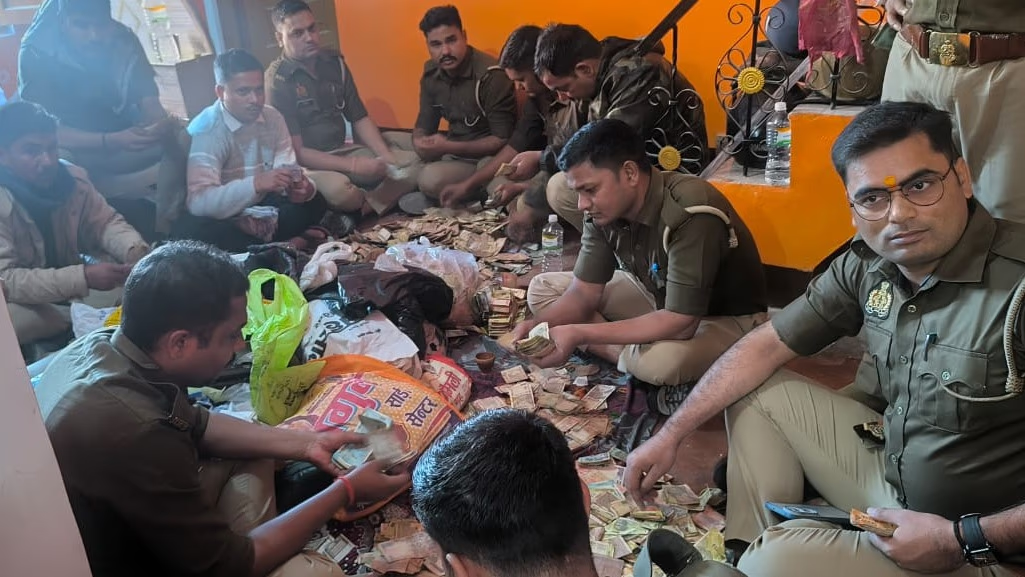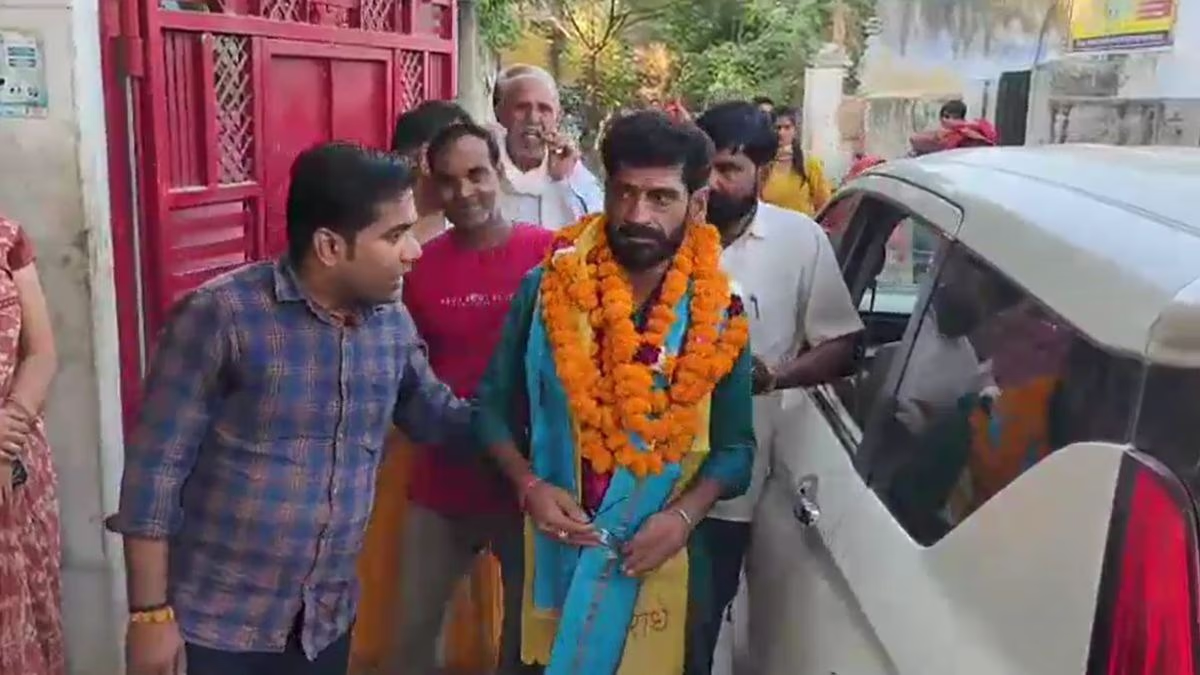Delhi protest at India Gate against air pollution:
The air quality in Delhi, the capital of India, has plummeted to alarming levels. Most regions have an Air Quality Index (AQI) exceeding 400, classified as ‘severe’. This has led to breathing difficulties and escalating health crises due to pollution.
On Sunday evening, citizens took to the streets in protest against rising pollution. Among the demonstrators were leaders from the Aam Aadmi Party (AAP) and Congress alongside other political entities.
As they marched towards India Gate, they demanded the government formulate concrete and effective strategies to mitigate Delhi's escalating air pollution.
Police denied permission to protest at India Gate
Delhi Police intervened to halt the protesters, citing the Supreme Court's directive stating India Gate is not a designated protest venue. Officials clarified that Jantar Mantar is the only sanctioned site for demonstrations in the capital.

Source: aajtak
Consequently, police directed the crowds to move to Jantar Mantar and detained several participants who defied the guidelines.
Calls for permanent solutions rise
A local resident emphasized that Delhi's air has now reached hazardous levels. He reported continuous increases in AQI, making it tough for residents to breathe. He expressed frustration over the government's forceful dispersal of peaceful protesters.
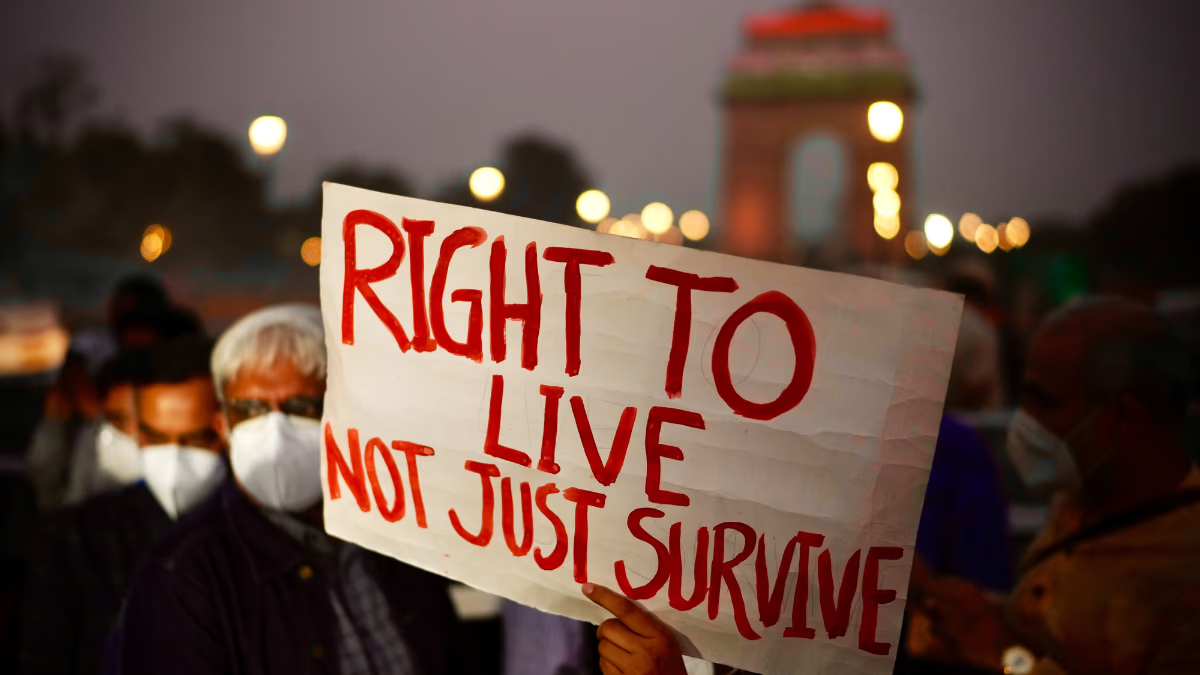
Source: aajtak
He expressed anger that while common people are falling ill and dying from pollution, the government is yet to devise a solid policy. He alleges that the authorities are concealing true pollution figures and engaging in superficial measures like spraying water around data centers. 'Cloud seeding' for artificial rain, he noted, has proven ineffective and is not a viable solution.
Also Read:
AAP accuses BJP of tampering with pollution data
During the ongoing protests against air pollution, AAP’s Delhi head Saurabh Bharadwaj also made an appearance at India Gate. He emphasized that Delhi has long battled pollution, but for the first time, the intellectual elite have taken to the streets in dissent.
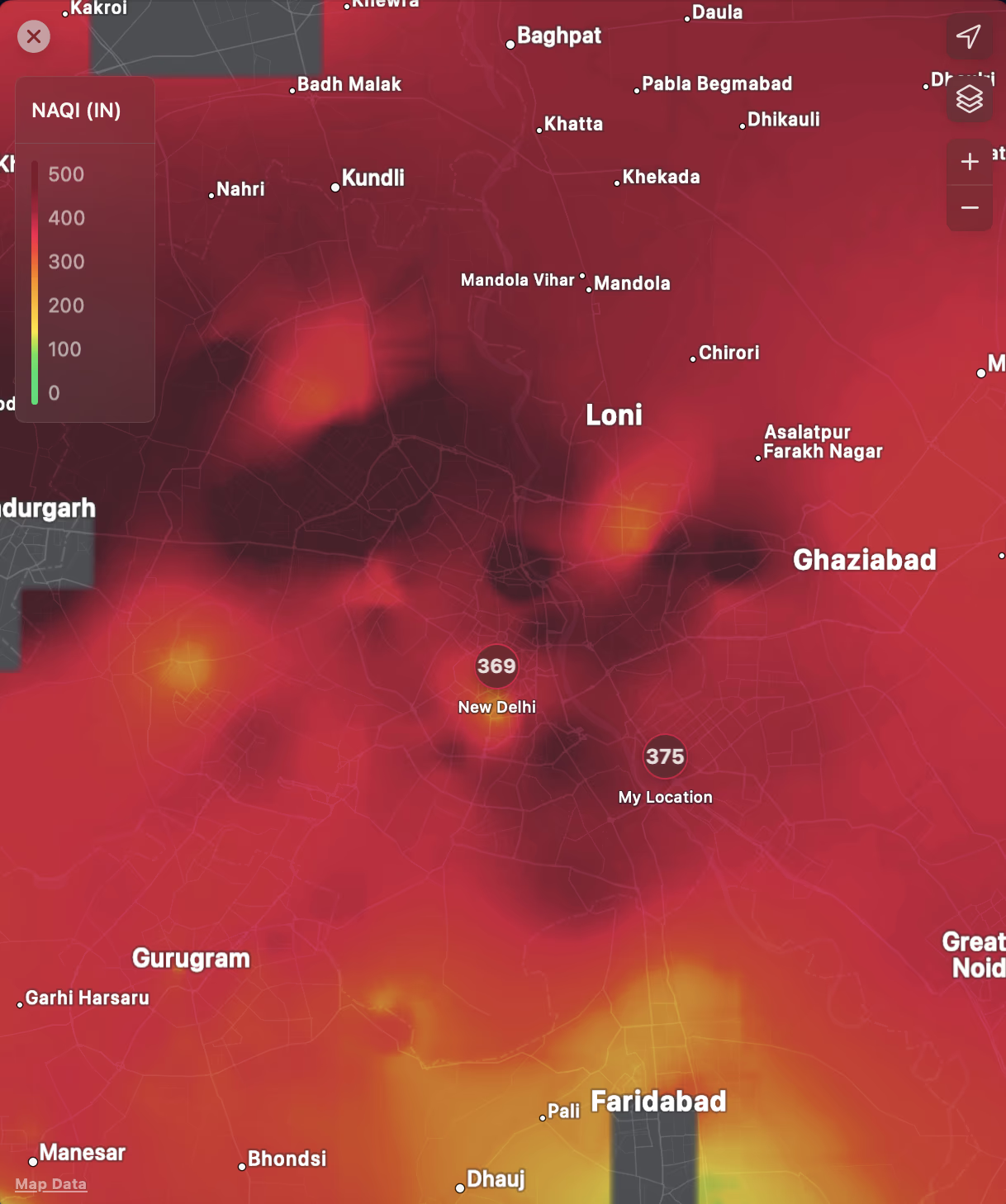
Source: aajtak
Bharadwaj suggested this reflects a breakdown in trust between government and citizens. He accused the ruling BJP of deliberately concealing air quality data whenever pollution spikes and manipulates information to mask the real scenario.
He remarked, “The central government stops collecting AQI data whenever air quality reaches its worst levels.”
Delhi’s Daily AQI Data (November 1 – November 8)
On November 1st, the average AQI was 322 by 4 PM; 330 on November 2nd, 340 on the 3rd, 350 on the 4th, 360 on the 5th, 361 on the 6th, 391 on the 7th, and 361 on the 8th.
The impact of pollution and public demands
In many parts of Delhi, the air has become so poor that breathing is a struggle. Anger was evident during anti-pollution protests where people demanded stringent government action and long-term policy formation to combat pollution.
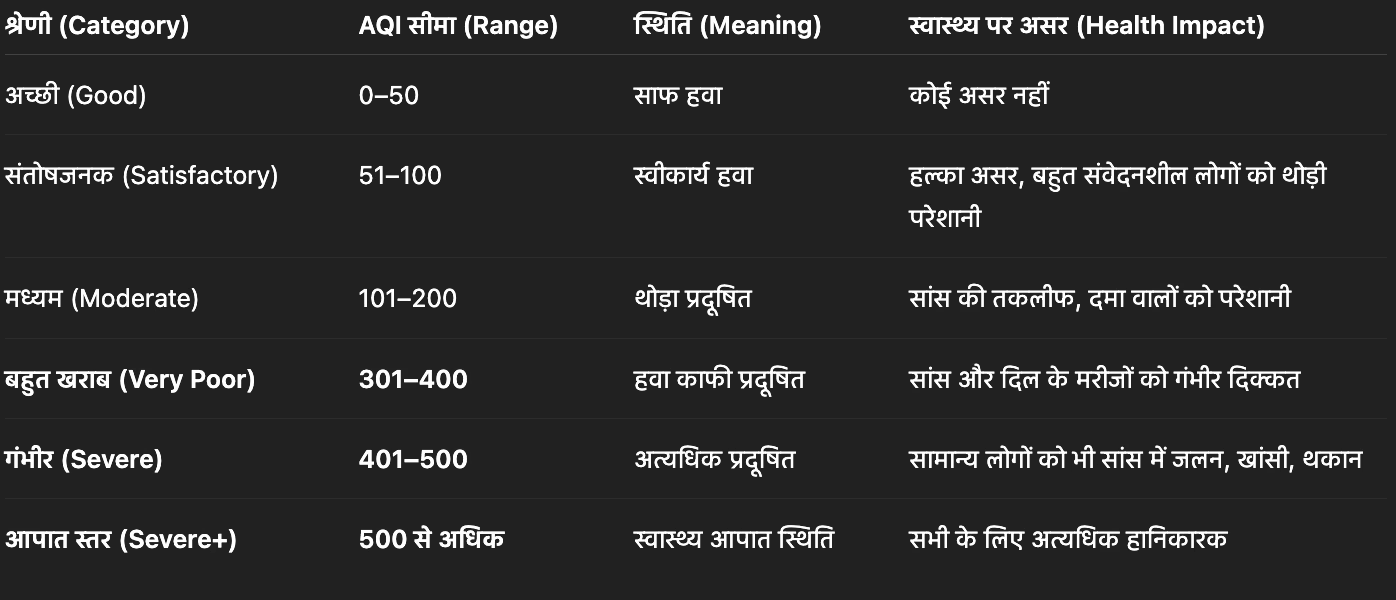
Source: aajtak
Increased pollution has drastically impacted daily life in the capital. While citizens lobby for clean air on the streets, authorities focus on maintaining law and order. The situation highlights the need for solid, immediate measures to ensure clean air for Delhi.
